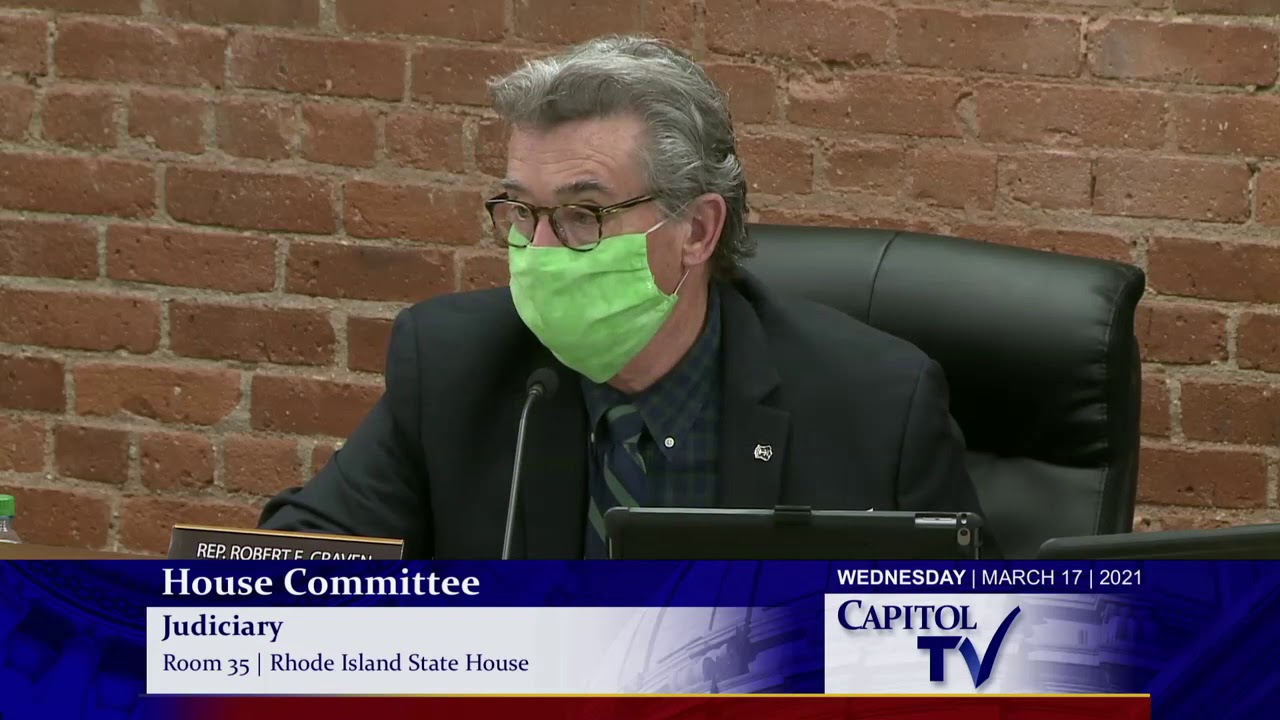Introduction to Rhode Island’s sanctuary state status
Rhode Island’s sanctuary state status is a topic of debate and discussion among policymakers, citizens, and law enforcement officials. The state’s approach towards immigration enforcement has evolved over time, reflecting the changing dynamics of immigration policies in the United States. This article examines Rhode Island’s historical background, its current stance on immigration enforcement, factors contributing to its sanctuary status, criticisms and controversies surrounding its policy, public opinion, impact on law enforcement, economic implications, legal considerations and challenges, comparison with other sanctuary states, and potential changes in the future.
Historical background of Rhode Island’s immigration policies
Rhode Island has a long history of immigrants integrating into its communities. In the late 19th and early 20th centuries, the state saw significant influxes of immigrants primarily from Europe seeking economic opportunities. However, as national immigration policies evolved, Rhode Island’s approach shifted. In the early 2000s, the state enacted laws that aimed to discourage undocumented immigrants from settling within its borders. These policies included denying certain benefits to undocumented individuals and cooperation between local law enforcement and federal immigration authorities.
Defining the concept of a sanctuary state
The term "sanctuary state" refers to a jurisdiction that limits its cooperation with federal immigration enforcement efforts. These jurisdictions typically have policies in place that restrict the use of local resources to enforce federal immigration laws. While there is no universally accepted definition of a sanctuary state, it generally implies that local law enforcement will not detain individuals solely based on their immigration status or honor federal immigration detainers, unless supported by a judicial warrant.
Rhode Island’s current stance on immigration enforcement
Rhode Island has taken steps towards adopting sanctuary policies. In 2014, the state passed the Community Safety Act, which limits local law enforcement’s cooperation with federal immigration authorities. Under this law, officers are prohibited from inquiring about an individual’s immigration status unless relevant to an ongoing criminal investigation. Additionally, Rhode Island does not honor Immigration and Customs Enforcement (ICE) detainers, unless accompanied by a judicial warrant.
Factors that contribute to Rhode Island’s sanctuary status
Several factors contribute to Rhode Island’s sanctuary state status. Firstly, the state has a long history of welcoming immigrants and recognizes their economic and cultural contributions. Additionally, there is a belief that focusing on immigration enforcement detracts from local law enforcement’s primary mission of ensuring public safety. Furthermore, sanctuary policies are seen as a way to build trust between immigrant communities and law enforcement agencies, encouraging cooperation in crime reporting and investigations.
Criticisms and controversies surrounding Rhode Island’s policy
Rhode Island’s sanctuary policies have not been without criticism. Opponents argue that such policies encourage illegal immigration and undermine federal immigration laws. They also express concerns about public safety, arguing that limiting cooperation with federal authorities may allow for the release of individuals with criminal records. Some critics believe that sanctuary policies create a burden on taxpayers, as they may lead to increased costs for healthcare, education, and social services for undocumented immigrants.
Public opinion on Rhode Island’s sanctuary state designation
Public opinion on Rhode Island’s sanctuary state designation is divided. Supporters argue that sanctuary policies enhance community trust, promote diversity, and prevent racial profiling. They believe that undocumented immigrants should be treated with respect and dignity. On the other hand, opponents argue that these policies disregard the rule of law and prioritize the interests of undocumented immigrants over the safety and welfare of citizens.
The impact of Rhode Island’s sanctuary status on law enforcement
Rhode Island’s sanctuary status impacts law enforcement in several ways. Some law enforcement officials argue that sanctuary policies make it challenging to combat crime effectively, as they limit cooperation with federal agencies. However, proponents of these policies argue that they encourage immigrant communities to engage with law enforcement, leading to improved public safety through better crime reporting and community relationships.
Economic implications of being a sanctuary state
The economic implications of Rhode Island’s sanctuary state status are complex. Proponents argue that immigrants, including undocumented individuals, contribute to the state’s economy by filling labor market gaps, paying taxes, and starting businesses. They argue that sanctuary policies attract skilled immigrants and promote economic growth. However, opponents contend that the strain on public resources, such as healthcare and education, may outweigh any economic benefits.
Legal considerations and challenges for Rhode Island
Rhode Island’s sanctuary policies face legal considerations and challenges. While the state’s policies are designed to align with federal immigration laws, critics argue that they may violate the Supremacy Clause of the U.S. Constitution, which grants the federal government authority over immigration matters. Legal challenges could arise if federal immigration policies change or if the state’s policies are perceived as obstructing federal enforcement efforts.
Comparison with other sanctuary states in the United States
Rhode Island’s sanctuary state status can be compared to other jurisdictions that have adopted similar policies. States like California, Oregon, and Illinois have implemented sanctuary policies with varying degrees of restriction on cooperation with federal immigration authorities. Comparisons with other states provide insights into the effectiveness of different approaches to immigration enforcement and the potential consequences of adopting or repealing sanctuary policies.
Future prospects and potential changes to Rhode Island’s policy
The future prospects and potential changes to Rhode Island’s sanctuary state policy remain uncertain. The dynamics of immigration policies at the national level will significantly influence the state’s approach. Changes in federal immigration laws, court rulings, or public sentiment may lead to revisions in Rhode Island’s policies. The ongoing debate around immigration and sanctuary policies will continue to shape discussions and policies both within the state and across the United States.





